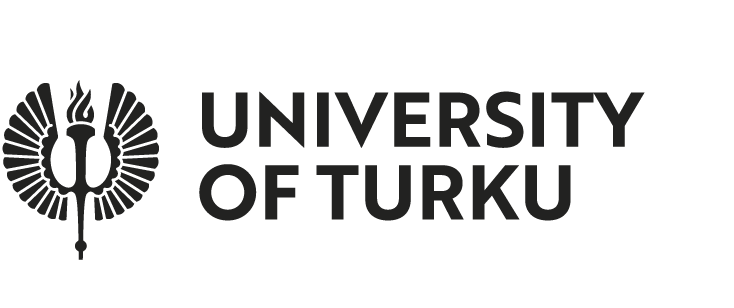Career Prospects
The prospects for employment at relatively senior levels are excellent for those trained in the physical and chemical sciences. Thanks to the broad scope of the programme, the skills and knowledge developed as part of this education at the University of Turku provide many employment opportunities in different areas.
Many of our graduates choose to continue their education by pursuing PhD studies in Finland or other European countries (e.g., Belgium, Estonia, Germany and Norway). Others have obtained employment in the software and high-tech industries.
Career in Research
The Master’s degree makes you eligible for scientific postgraduate degree studies – doctoral and licentiate degrees. The University of Turku Graduate School (UTUGS) has a Doctoral Programme in Exact Sciences that covers all of the disciplines of this Master’s degree programme.
The doctoral studies incur no tuition fees, and PhD students often receive either a salary or a grant to cover their living expenses.

